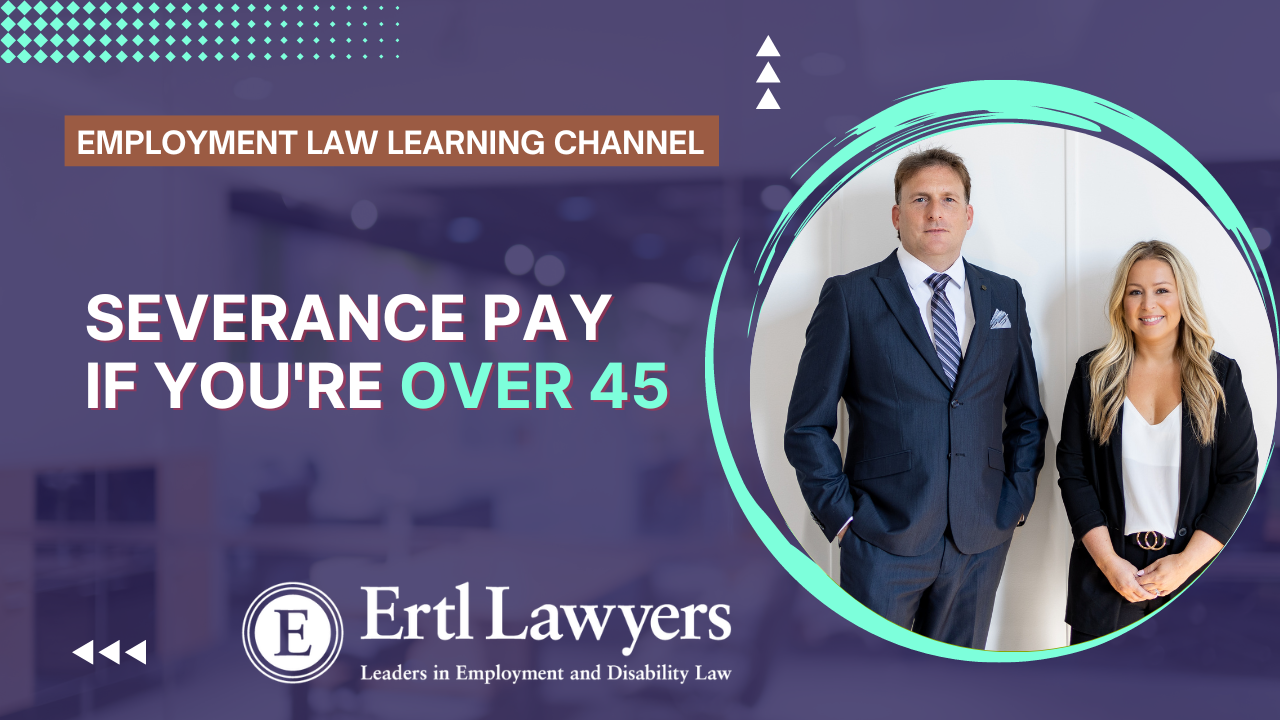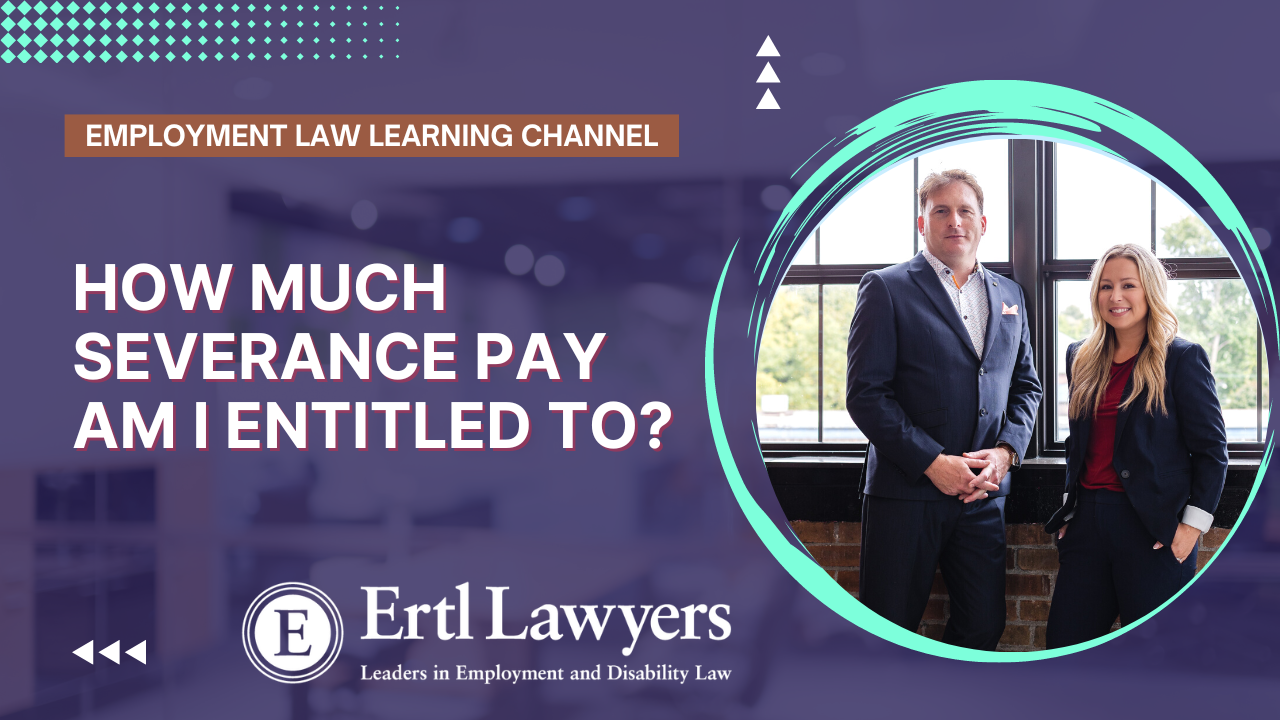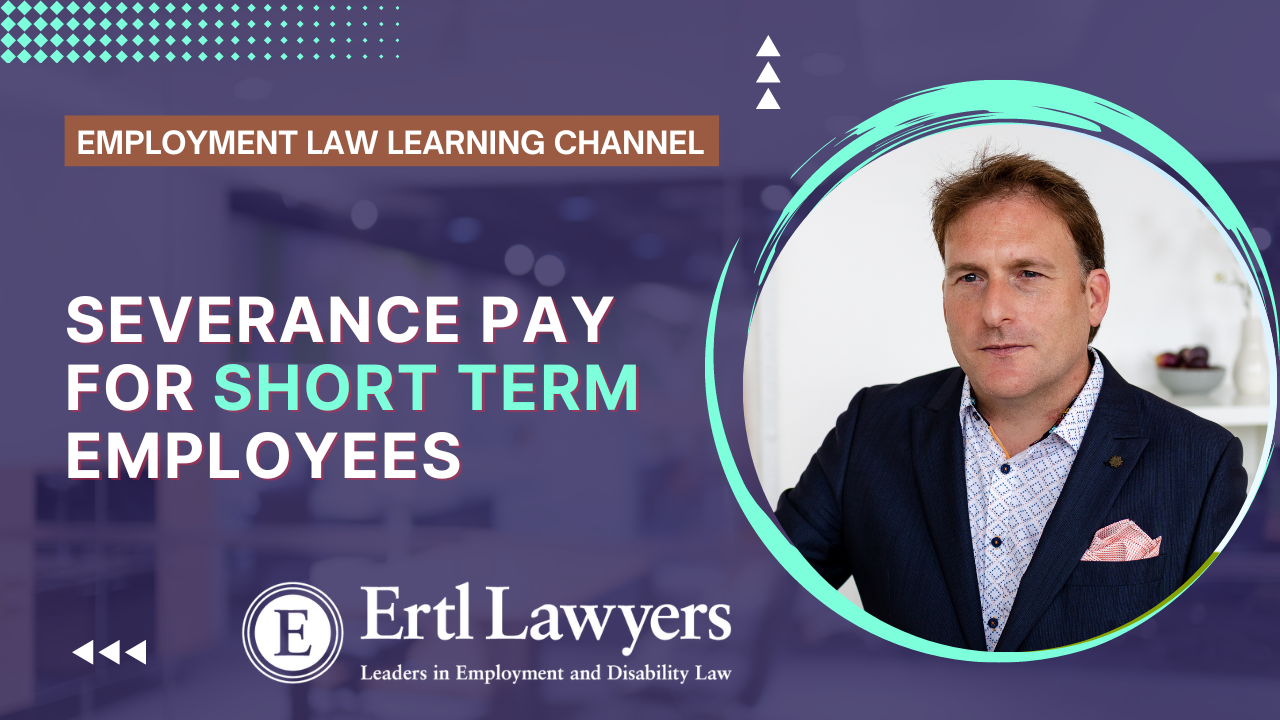Performance Improvement Plan

What is a performance improvement plan?
A performance improvement plan, known as a “PIP,” is an action plan that is supposed to help employees correct deficiencies in their performance.
It may be designed to correct specific deficiencies in job-related duties. It could even be designed to correct behaviour or conduct-related problems.
Either way, if approached in good faith, it is meant to help the employee succeed.
Why do employers use them?
There are two main reasons a manager or employer will use the performance improvement plan.
1. To help the employee improve
A well-designed performance improvement plan, conducted in good faith, can help an employee focus on improving their deficiencies and elevate their success at the employer.
This is truer in cases that involve measurable sales-related goals and other measurements involving quality and quantity.
It is probably less true in cases where the employer is trying to correct behavior-related concerns such as communication, harassment, aggressiveness, temperament, and insubordination.
2. To find a way to terminate the employee
A performance improvement plan is often used to terminate or fire an employee. Commonly, a manager has either “had enough” of the employee or “has it in” for the employee, so the performance improvement plan targets the employee.
Used in this way, a PIP is a self-fulfilling prophecy. The manager doesn’t want the employee to succeed, so the manager issues the PIP but provides no real assistance to the employee in correcting any alleged deficiencies. In other words, it was designed to fail.
Whether the employer is trying to create a “paper trail” or frustrating the employee so he or she quits, the result is the same – the employment relationship is doomed.
Unfortunately, we see a lot of that.
An employee who fails a PIP might be terminated with cause (and given no severance pay) or the employer might terminate without cause (and provide some severance pay).
Are PIPs legal?
Issuing a performance improvement plan is well within an employer’s rights in the employment relationship.
The more important questions for an employee are: did I deserve it in the first place? Is it a genuine attempt to help improve a real deficiency, or is it a sham? Is the PIP clear in all respects? Is it balanced, fair, and well-formulated? See Iliescu v. Voicegenie Technologies Inc., 2009 CanLII 385 (ON SC)
Unwarranted performance improvement plan
In some cases, it is clear that the employer implemented the performance improvement plan in bad faith. Put another way, it is obvious that the employee did not deserve to be placed on a PIP in the first place. The PIP is said to be “unwarranted”.
Where a performance improvement plan is unwarranted, it could be considered a “constructive dismissal” under the law. A constructive dismissal is considered a termination entitling the employee to termination/severance pay under legislation, the employment contract, or the common law.
In one case, the employer was found to have constructively dismissed the employee when it issued an unfair performance review and letters of warning, coupled with putting the employee unfairly on probation: Shah v. Xerox Canada Ltd., 2000 CanLII 2317 (ON CA).
Caution: Even if you’ve been constructively dismissed because of an unwarranted performance improvement plan, consult an experienced employment lawyer before taking any steps. This is a complex – even “murky” – area of the law.
What should be in a performance improvement plan?
The performance improvement plan should, at a minimum, include:
- A reminder/confirmation of the expected performance levels and how the employee is falling below those levels.
- Specific information about the deficiencies such as dates, data, and full explanations.
- Clear, specific, measurable objectives that are expected of the employee to succeed
- A time frame for completing the performance improvement plan
- Any tools, resources, assistance, and coaching that will be made available to the employee
- Details on how often the manager and employee will meet to discuss the employee’s progress
- A statement about the consequences of not meeting the objectives
How long can they last?
A performance improvement plan is typically 30, 60, or 90 days long.
Anything shorter than 30 days is often considered unreasonable because it is typically difficult for employees to “turn around” their performance in less than 30 days.
Anything longer than 90 days raises the concern that the employer is dragging it out, hoping the employee quits out of frustration.
Top signs that your performance improvement plan is a sham / dishonest
In our experience, these are the top signs that your performance improvement plan was implemented in bad faith:
Number 1: Putting you on a PIP was dishonest to begin with. For example, you’ve been told that you are not reaching your targets, but you haven’t hit your targets because you haven’t been provided with adequate resources to do your job.
Number 2: In your PIP, the employer has failed to discuss your positive achievements. Only focusing on the negative is a sure sign that the employer is looking to eliminate you.
Number 3:Your employer’s criticism focuses on non-core aspects of your job.
Number 4: The performance improvement “goals” are ridiculously vague. For example, your employer wants you to:
- increase employee productivity
- proactively undertake ownership
- demonstrate effective communication
- show effectiveness in reaching objectives.
If you can’t understand the goals, neither can the employer, which means the PIP is probably a sham.
Number 5: The PIP “Goals” cannot be quantified. For example, suppose that the results or goals for your PIP include “significantly greater sales volume” or “improved” communication with managers. This is a key indicator that you are being set up to fail.
Number 6: Goals that are impossible to achieve. This is a favourite of the employer. Examples include not giving you enough time to reach the goal or setting a target that virtually nobody could reach. For example: “We want you to make 30 client connections in the next 5 days”.
Number 7: The employer fails to provide you with sufficient resources. In this scenario, the employer tells you to complete a gargantuan task that would require a team to do it but doesn’t provide you with enough staff.
Number 8: Failure to provide coaching, instructions, or assistance. A true PIP would probably include assigning coaching, which is rarely offered because PIPS are mostly designed to eliminate someone (and typically implemented by the very manager who dislikes you), a coach, mentor, or another employee to help you. In my experience, coaching is rarely offered because PIPS are mostly designed to get rid of someone (and typically implemented by the very manager who dislikes you).
Number 9: Little, or no feedback. A manager who dislikes you is unlikely to want to spend any time with you. The manager might set up meetings to speak with you and then cancel them or provide some perfunctory comments.
Number 10: The employer sabotages completing your core work when it gives you “tasks” that interfere with your work. For example, the employer gives you a burdensome assignment that prevents you from getting your core work done.
Number 11: Employer micro-manages you during the PIP. Here, the employer treats you like a criminal, criticizes you, makes you paranoid, etc. Here, the employer hopes you are distracted, so you fail your PIP or quit out of frustration.
Can you negotiate the terms of the PIP?
An employee doesn’t have an express right to “negotiate” the terms of the performance improvement plan.
However, after fully discussing the plan, it is common for an employer to make modifications and adjustments to the plan based on the employee’s commentary.
Can you refuse to participate in a PIP?
An employee who refuses to participate in the performance improvement plan will almost certainly need an experienced employment lawyer to understand your options and recommended strategies to be terminated for cause (for insubordination), which means the employer won’t likely be paying any severance pay.
Every case turns on its own facts. You should consult an experienced employment lawyer to understand your options and recommended strategies.
“Challenging” a performance improvement plan
For this discussion, “challenging” a performance improvement plan does not mean refusing it. It refers to responding to the plan by pointing out problems and seeking appropriate clarification on the employer’s expectations and objectives. For example:
- Where appropriate, challenge the factual bases for conclusions that you are not meeting your expectations and objectives
- If you do not understand the employer’s expectations and objectives, expressly ask for them.
- If the timeframe for meeting expectations is unreasonable, state so, and request a different timeframe
- If the expectations are unreasonable, clarify this (this is often the case in sales-related positions).
- If the PIP is silent on what tools, assistance, and training the employer is prepared to provide you (for you to succeed), demand those details.
- Your objections/commentary should always be professional and respectful.
- Remember: If you intend to challenge your PIP, make sure your correspondence is in writing. Also, ensure that HR (or your manager) is cc’d and a copy of your correspondence is placed in your employment file.
Major Caution
Again, at the end of the day, your employer has the final say on the terms of the performance improvement plan.
Therefore, it is highly recommended that you review your performance improvement plan with an experienced employment lawyer, so that you can understand your options, rights, and strategies moving forward.
Can I sign a performance improvement plan “under protest” or can I sign that I “acknowledge receipt but do not agree with it”?
Depending on the circumstances, these could be decent potential options. But all options have consequences. Sometimes, there are very bad consequences.
You should consult an experienced employment lawyer to understand if this is a good option. Take no chances.
Can you survive a PIP?
Sure. It’s possible. But, we can count on one hand the number of people we know who have survived a performance improvement plan. Usually, the employment relationship breaks down irreparably.
Given this statistic, you can understand why getting expert advice early is so important.
What happens if you fail the PIP?
If you fail the performance improvement plan, you will likely be demoted, reassigned, or terminated – but most likely terminated. From there, the question is whether the employer will assume that your failure constitutes “just cause” (and pay you no severance) or they agree to pay some severance.
In most cases, we find that the employer will terminate without cause, and make a lowball severance offer.
How we help with performance improvement plans
We review the performance improvement plan in detail with our client.
We advise whether it makes sense to challenge/clarify the PIP somehow.
We help them “behind the scenes”.
Frequently, we “ghostwrite” a letter for our clients, challenging the PIP – to protect them from a sham PIP or to put them in the best position possible for proper severance if / when they are terminated.
Sometimes, the employment relationship is doomed, so we recommend negotiating with the employer to resolve the matter based on the employee’s departure.
These are not the only options. But, every matter is fact-specific, so you must consult an experienced employment lawyer.
Note: This service is available to employees in all provinces in Canada.
After 12 years of loyal service, a new manager took over and wanted me gone. She treated me poorly, hoping that I’d quit. But, I didn’t. Then she created a phoney performance improvement plan in order to get rid of me. I called Ertl Lawyers and they helped me challenge the PIP, and she backed off. Thanks so much David and Andrea!
– B.N., Team Leader, Ottawa
On a Performance Improvement Plan?
If you think you have been unfairly placed on a performance improvement plan, contact us to discuss your matter. We will help you understand your rights and obligations and how we can help.
We have 30 years of combined experience dealing with unfair performance improvement plans. Our help can make all the difference.
Related Blogs
What is an Arbitration Clause in Ontario?
An arbitration clause in an Ontario employment contract stipulates that you agree to use a binding arbitration hearing to settle disputes arising from the employment contract instead of the court system. People are understandably excited to receive an offer of...
Am I Still Employed While on Long-Term Disability in Canada
Yes, you are still employed while on long-term disability (LTD) in Canada. You continue to enjoy the same employment rights while on long-term disability as when you are in the workplace. And while employers can generally terminate an employee at any time, it is...
Who is Entitled to Severance Pay in Ontario & How Much?
Most people have heard the term “severance pay” or “severance package,” however, not many know the legal definition, when they are entitled to severance pay, what/how much they are entitled to for severance pay and what to do if an employer does not provide them the...






